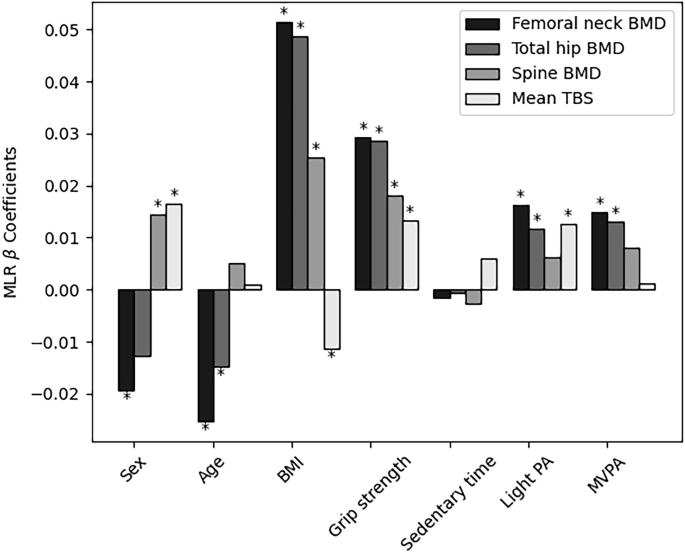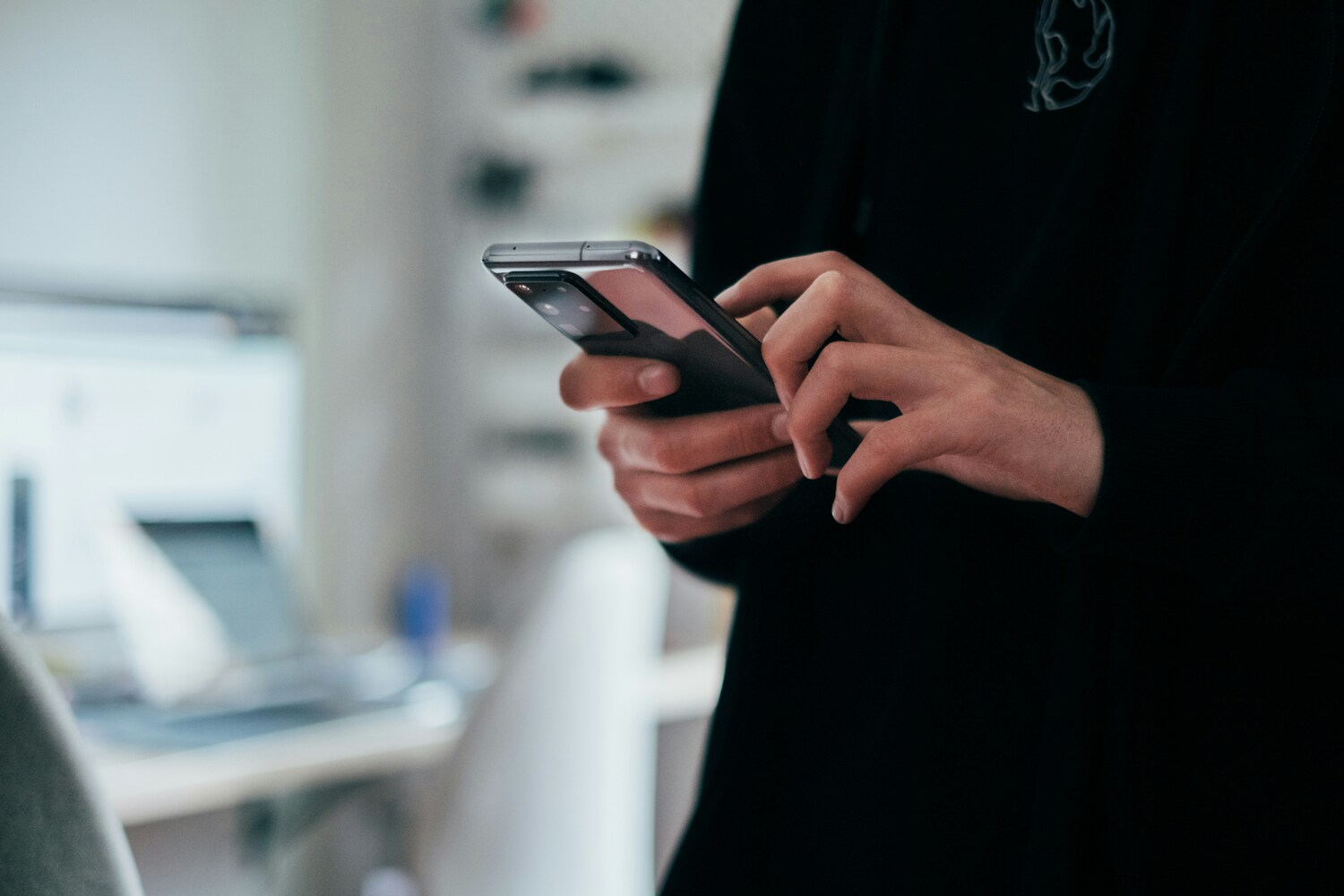Sean 'Diddy' Combs' Conviction Exposes Ghana's Fame Illusion and Power Exploitation
The conviction of Sean "Diddy" Combs in his federal sex trafficking trial strikes at the heart of the fame illusion held by Africa's youth and lays bare the pervasive reality of power exploitation across its communities.
Sean “Diddy” was denied bail Wednesday night — just hours after a jury of 12 American citizens found him guilty of two counts of transportation to engage in prostitution. Combs was acquitted of the most serious charges — racketeering conspiracy and sex trafficking.
This “partial win” for the previously untouchable cultural icon received rapturous applause from his supporters in and outside the courtroom. “It’s a great victory for Sean Combs. It’s a great victory for the jury system,” Diddy's defense attorney, Marc Agnifilo said. Even considering his guilty verdicts, this outpouring of support will surely cause Africans to rethink celebrity loyalty, and whether fame can sometimes blind people to wrongdoing.
Prosecutors accused Combs of leading a criminal enterprise, consisting of some of his closest employees. They alleged Combs and others used threats, violence, among other crimes to force Casandra “Cassie” Ventura and another woman referred to as “Jane,” to engage in drug-fueled sex acts with male escorts called “Freak Offs” or “hotel nights.”
This story of the rich and powerful men using their influence for illegal advantage struck a chord with many Africans, who have seen the abuse of power in every field, from the political space to the corporate world. As the South African Guild of Actors has reiterated, there's "lack of regulation, which often results in exploitation" in their industry, demanding structural changes and alignment with international standard practices. This sentiment echoes across the continent, where power imbalances are a recognized challenge.
In a statement following the verdict, Doug Wigdor, a lawyer for Cassie Ventura, said although they were hoping for a conviction on the more serious charges, they were pleased Diddy "still faces substantial jail time." Wigdor added, "By coming forward with her experience, Cassie has left an indelible mark on both the entertainment industry and the fight for justice."
Her courage, in taking on such a dominant personality like ‘Diddy’, will be inspiring to many people on the continent and a model of resilience and an encouragement for victims in similar situations, even maybe in its own creative industries, to come forward.
Combs has denied all the allegations. He pleaded not guilty to one count of racketeering conspiracy, two counts of sex trafficking and two counts of transportation for prostitution. His lawyers argued the sex acts were consensual and merely preferences while trying to undermine the hip-hop mogul’s accusers by contending they were trying to gain a monetary benefit from Combs.
This defence tactic, which seeks to undermine accusers by insinuating ulterior motives, is a common defence manoeuvre in high-profile cases around the world, and one that will no doubt trigger intense discussion among Africans regarding victim-shaming versus due process.
Combs is facing up to 20 years in prison, since the maximum sentence for each of the transportation counts is 10 years. The 55-year-old hip-hop mogul will remain in custody as he awaits sentencing on his two convictions of transportation to engage in prostitution. The federal judge cited Combs’ history of violence and past illegal conduct while explaining why he declined to release him.
Sean “Diddy” Combs’ mouth dropped, and his eyes widened when the judge denied bail. Make no mistake, that moment, captured by reporters who were there to witness this history-making event, will no doubt be the center of conversation on “tro-tros” and in markets across Ghana. This, as people reflect on how fast power can change — even for those who think they sit above it all.
Prosecutor Maurene Comey agrees with the judge’s decision to keep Sean “Diddy” Combs behind bars, arguing that “he’s an extremely violent man with an extraordinarily dangerous temper who has shown no remorse and no regret for his multiple victims.”
Diddy's lawyer Agnifilo pleaded with the judge one last time, saying in part, “Listening to Ms. Comey makes me appreciate that we have juries.”
Combs has been behind bars since he was arrested in September 2024, following extensive raids on his properties. The highly publicized, almost two-month trial saw 34 witnesses testify—including ex-girlfriends, former employees of Combs, male prostitutes, and federal investigators—all helping to paint an intricate portrait of his secretive personal life. “Jane” testified saying she felt "obligated" to meet Combs' demands, in part because he paid her rent, even after she told Combs she didn’t want to do that type of stuff, saying "I'm not an animal. I need a break." This testimony, emphasising financial dependence as a method of control, rings especially true in settings – whether at home or abroad – where socio-economic divides leave women at risk of being exploited through this abuse of power, a situation not far removed from many areas of our own country.
Prosecutors are allegedly still seeking the maximum 20-year sentence —with one such prosecutor briefing reporters saying, "It is clear that the defendant does pose a danger."
Comb’s lawyer, Agnifilo—argued throughout the trial that the prosecution was an unjust attack on a successful and accomplished Black entrepreneur. This defense—casting Diddy as the victim of overreach, or worse, racial targeting—will play very well with some Africans, who might see these sorts of legal fights through the prism of the systemic obstacles that Black people in the West who achieve success must navigate.
This criminal case is deeply significant for Africa. Diddy’s global influence, especially within hip-hop, has made him a great figure whose success and lavish riches sometimes created a utopian vision. Young Africans, from aspiring musicians to music fans have long idolized musicians like Combs. They admire his entrepreneurial zeal and music empire, which once claimed a net worth estimated at $740 million in 2019, now a much lower $400 million as increased legal issues and severed collaborations continue to take a toll.
His enterprises, from Bad Boy Records to Sean John apparel and previous liquor partnerships with Ciroc and DeLeón, used to be symbols of aspiration. For the majority of Ghanaian youth, Diddy was more than an artist — he was a blueprint for how a Black child from humble beginnings could build an empire and take over the world. This ruling upends that same playbook.
The truth is, whatever you want to say about Diddy and African music and culture, his impact is undeniable. His involvement with Nigerian singer Burna Boy’s Grammy-winning album “Twice as Tall” in 2020 directly tied him to African mega stardom, sparking debates and at times, even hushed rumors online about the real purpose of such high-level collaborations and their possible “connection” to international honors. This verdict, regardless of the not guilty on the most egregious counts, has certainly shaken Diddy’s meticulously maintained image and reputation.
It has to make Africans wonder: are our own brightest talents really aware of the complex relationships and potential pitfalls they may be stepping on, in the global entertainment scene? Are we, as a continent, doing enough to protect our stars?
Combs' business empire has clearly blown up in his face: Revolt TV forced him to resign and divest, a lucrative HULU reality series contract dissolved, and Sean John vanished from Macy’s last retail margin. Prestigious institutions like Howard University, took the unthinkable step of rescinding his honorary degree and even his own Harlem-based charter school cut him loose. This shows that not even extreme wealth and influence can protect an individual from the harm of charges of misconduct, a lesson which strikes true for Africans' demand for more transparency and accountability from those in power, whether they are politicians, corporate executives or super stars.
The accusations of exploitation and manipulation, even if not fully legally proven to have escalated to the level of "sex trafficking" in any legal sense, expose the vulnerability that exists when power imbalances are not restrained. This resonates with concerns in Ghana’s creative sectors over the welfare of artists, fair contracts, and protecting creatives from exploitative behavior Stories of young, aspiring artists being taken advantage of by established figures are not uncommon on the local level.
As Ghanaian music producer and entertainment pundit Fred Kyei Mensah observed, “Most of the artistes come into the space as novices; they don't have any knowledge about the music business, the kind of agreement they sign, they don't read well, and they don't get professional help.”
That lack of knowledge often leaves them open to exploitation. Legendary rapper Okra Tom Dawidi added, “A lot of artistes are ungrateful, which is true, but on the other hand, a lot of record labels are wicked.” He described how artists, desperate for fame, "often accept anything that is given to them because of their desperation for fame without taking into consideration the clauses in the contract, among many other things."
As Diddy’s case increasingly does, it brings an international focus to these issues and reminds us that we need greater ethical standards and legal protections here at home within our own creative industries.
The pursuit of success, however ambitious, must never come at the expense of one’s core values and ethics, or crossing the line into criminal behavior. This verdict—with its complicated details and the inflammatory controversy —in theory underscores the obvious need for accountability.
That is a sobering reminder that not even the powerful, privileged elites can escape accountability—that, in fact, no one is above the law It is a strong reminder, and even a warning, of the insidious effects of unregulated power and the capacity for abuse within an industry that internationally has at times, in the name of profit and glamour, harmed individuals. This is a critical lesson for African youth.As the saying goes, “With great power comes great responsibility.”
As Africans engage with this unfolding story, it must lead to an essential discussion in households, schools and areas of innovations. How do we shield children from the more insidious aspects of the global entertainment industry? How do we lead them to identify ethical paths, to inspire them to develop careers grounded in doing what’s right and treating others well, instead of just idolizing success no matter the means?
The Diddy verdict is not just a sensational headline. It is an opportunity to reflect on how celebrities and powerful people handle fame, success and accountability. It’s a reason for Ghanaians to look within and ask what standards of excellence to uphold and what future we want to create for our own burgeoning entertainment industry. Whether you agree with all or none of these observations, one thing is sure—the calls for transparency, accountability, and protecting the most vulnerable in our society should echo loud and clear.
The Views, Comments, Opinions, Contributions and Statements made by Readers and Contributors on this platform do not necessarily represent the views or policy of Multimedia Group Limited.
The Views, Comments, Opinions, Contributions and Statements made by Readers and Contributors on this platform do not necessarily represent the views or policy of Multimedia Group Limited.









